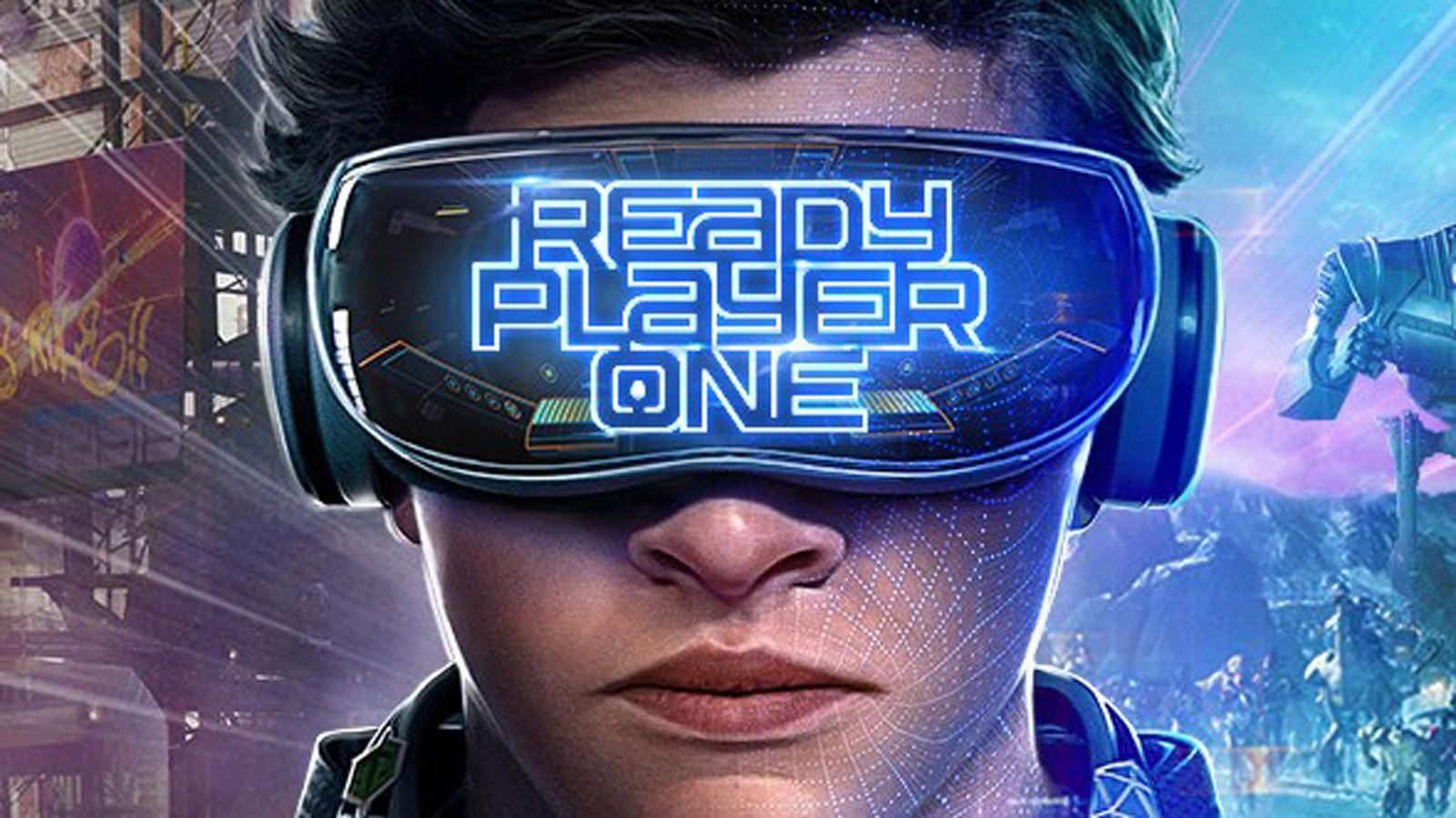If you work in education and leverage technology (so that'll be anyone in any classroom these days), give this a read and see if it doesn't make you a bit uncomfortable.
Perhaps you're thinking that your particular edtech provider isn't like that, but they're all coming at it from the same angle:
 |
| Apple is into it. |
 |
| Google is into it. |
 |
| Microsoft is into it. |
Platform agnosticism has been a recurring theme on Dusty World since it began. I've been barking at the moon about this for years because we don't leverage educational technology to teach how technology works, we just let it insinuate itself into all our learning while being illiterate in terms of how it influences us through media and medium; we predicate technology use in education on media illiteracy.
 |
| Dreaming of 'free range' open source technology access in 2013. |
"In a social-science class last year, the students each grabbed a Google-powered laptop. They opened Google Classroom, an app where teachers make assignments. Then they clicked on Google Docs, a writing program, & began composing essays."
https://www.nytimes.com/2017/05/13/technology/google-education-chromebooks-schools.html
We use edtech to indoctrinate students in closed digital ecosystems designed to monetize their attention. It doesn't matter which multinational edtech 'solution' your board uses, they're all the same, and they're all playing the #metaverse marketing game: "marketing spin on Big Tech’s increasing reach and power. It’ll be Big Tech—just as problem-riddled as now—but bigger."
Wouldn't it be something if we required and taught platform agnostic access to all technology in our classrooms instead of acting as a marketing arm for rich, tax dodging corporations? These organizations are parasitic, our kids deserve better.
 |
| The 'drink from the firehose' approach to edtech doesn't end when we're told what we have to teach with. Many teachers then brand their practice with corporate logos. |
The point of that article is that a true metaverse (a shared, non-partisan online space) hasn't existed since the dawn of the internet. Once the attention merchants got a hold of it they subverted democracies around the world and created a privacy and security nightmare, including in education.
Perhaps the saving grace in this might be that if any of them could get past their greed, educational technology would be the place to make this non-partisan metaverse happen. Instead of demanding control of the technology narrative to generate users, wouldn't it be something if the technology giants and school systems around the world worked together to create an educational metaverse that was platform agnostic and open to all?
 |
| Even Hollywood can only envision a corporate owned future mind-space. The solution at the end of RP1? A CEO swap. |


